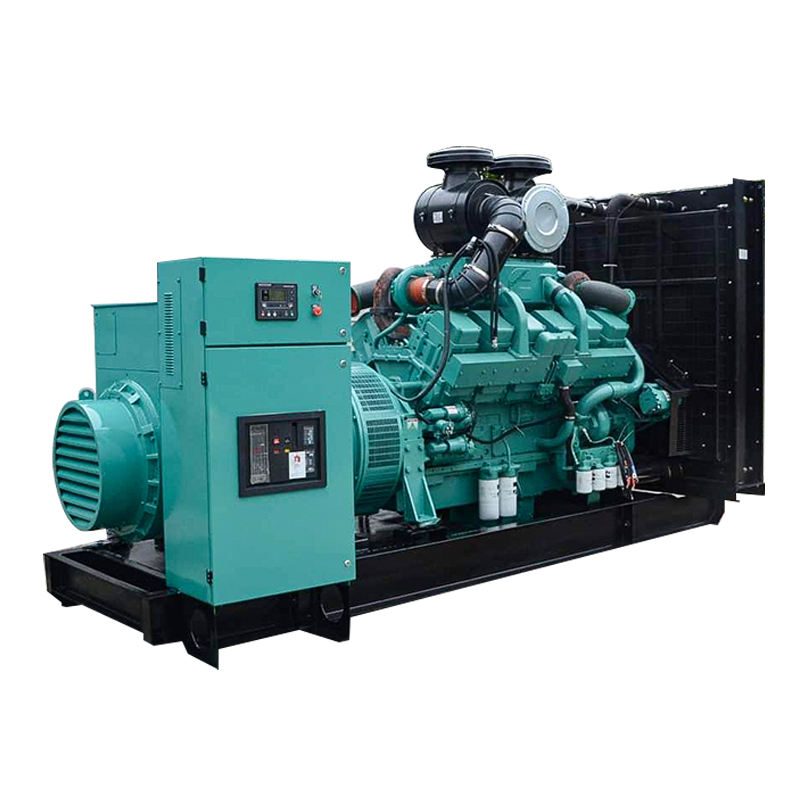Fuel Quality: The Unsung Hero of Generator Sets
To be honest, when it comes to generator sets, we often focus on aspects like power output, size, and brand reputation. But what about fuel quality? Interestingly enough, the quality of fuel you use can have a profound impact on your generator set's performance and longevity. In this article, we'll dive into the importance of fuel quality and how it affects your generator.
The Problem: Fuel Contamination
When discussing fuel quality, one critical issue is fuel contamination. It happens more frequently than you might think. Contaminated fuel can severely affect engine performance, leading to decreased power output, increased fuel consumption, and even engine failure.
Common Types of Fuel Contaminants
Here are some of the most common fuel contaminants:
How Fuel Quality Affects Generator Set Performance
Poor fuel quality can result in various performance issues, including:
- Hard starting: Contaminated fuel may not ignite easily, making it difficult to start the generator.
- Reduced power output: Lower-quality fuel may not burn as efficiently, leading to decreased power output.
- Increased fuel consumption: Your generator may use more fuel to produce the same amount of power.
- Increased emissions: Poor fuel quality can lead to higher emissions, which is not only bad for the environment but could also violate local regulations.
How Fuel Quality Affects Generator Longevity
Fuel contamination doesn't just affect performance – it can also significantly reduce your generator's lifespan. Some potential consequences include:
- Engine damage: Contaminants can cause abrasive wear, corrosion, and even catastrophic engine failure.
- Fuel system component failure: Fuel pumps, injectors, and filters can become clogged or damaged by contaminants.
- Increased maintenance costs: Regularly dealing with fuel-related issues can lead to higher maintenance costs over time.
Practical Tips for Ensuring Fuel Quality
Now that we understand the importance of fuel quality let's explore some practical tips for maintaining it:
- Use clean, high-quality fuel: Purchase fuel from reputable suppliers and ensure it meets the appropriate standards.
- Store fuel properly: Keep fuel storage containers clean, sealed, and away from moisture and heat sources.
- Regularly inspect and maintain your generator: Check for signs of fuel contamination, such as water or sludge in the fuel tank, and address any issues promptly.
- Consider using fuel additives: Certain fuel additives can help prevent contamination, improve fuel stability, and clean your engine.
In Conclusion
In my experience, many people overlook the importance of fuel quality when it comes to generator sets. However, as we've seen, fuel quality has a significant impact on both performance and longevity. By following the practical tips outlined above, you can help ensure your generator set runs smoothly and lasts for years to come. So, the next time you're thinking about your generator's maintenance, don't forget to consider the fuel!





